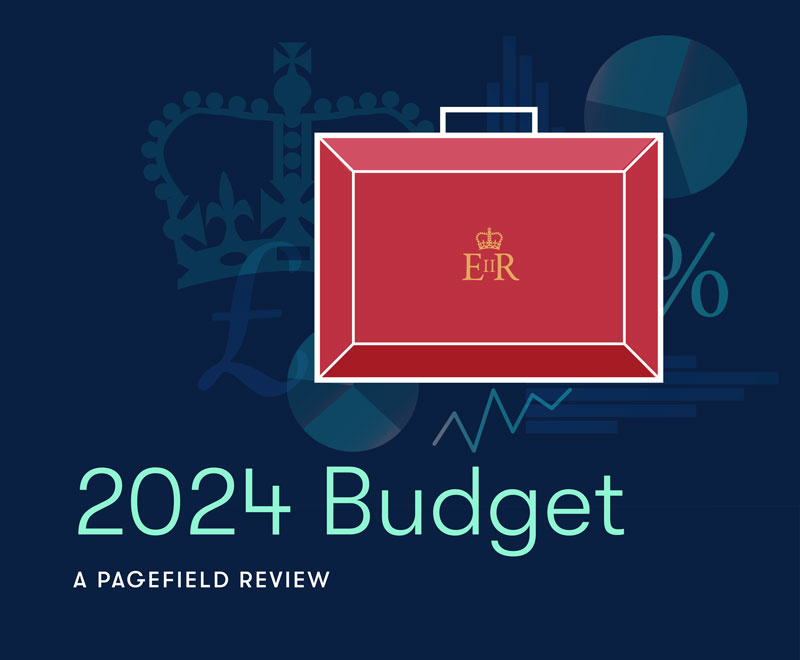At 9am on Saturday 14 March, I was due to step out on stage as the MC at a major conference in Central London for 500+ women organised by the women’s leadership organisation, One of Many.
At 4.30pm on Thursday 12 March, the Founder of One of Many Dr Joanna Martin took the difficult and courageous decision to postpone the event.
It is the kind of decision facing hundreds – if not thousands – of businesses right now as we head into the eye of the COVID-19 storm. Many businesses will fail. Some already have. Those businesses that survive will be those that have a robust and flexible business strategy; coherent and compassionate communications; and visionary, values-based leadership. One of Many is one of those businesses.
In 25+ years in business, communications and leadership, I have seen my fair share of crises and guided clients through the same. So today I am sharing some of the key lessons I have drawn from that experience.
1. Acknowledge the fear
In the face of this crisis, fear is an understandable response. A global pandemic of this kind is the stuff of nightmares and bad, post-apocalyptic movies. I would be concerned for the mental wellbeing of anyone who says they have not experienced at least a moment of fear during these turbulent times.
However, there is well-documented research to show that dwelling in fear depresses our immune system and negatively impacts our memory function, brain processing and mental health.
Suppressing fear – or attempting to numb our fear with what I call the ‘busy-ness or bingeing strategy’ – is not the answer. Suppressed fear does not disappear. It will simply lie under the surface surreptitiously informing your decision-making at a subconscious level.
The key is not to suppress fear but to release it. And the fastest way to release your fear is to acknowledge it and then step in action. Action begets courage.
So – acknowledge your fear and then step into action.
2. Humanity and heart
I know many leaders who believe that they must be seen to be invincible, permanently unafraid, on top of everything. This is not a leadership philosophy that I adhere to.
Of course, your team and your clients need to have confidence in you and in times of crisis even more so. I am not recommending that you break down in front of them! But acknowledging that everything is not OK and that you are also dealing with the fear that they are feeling allows you to connect with them at a deeper level. It is a recognition of your shared humanity. And humanity needs to be at the core of your leadership and your communications in a crisis scenario.
That means always remembering that at the heart of every crisis there are human beings. Human beings whose lives and livelihoods are at risk; who are facing isolation, illness and loss.
Remember humanity – yours and others – and allow it to inform everything you do.
3. End point or turning point
A crisis is not necessarily an end point, it can be a turning point. Everything depends on your response.
If you approach this crisis with creativity and a commitment to being of service – then you have a much greater chance of creating a positive turning point: an opportunity to build loyalty, engagement and – yes – in the long-run to build your business.
I am not advocating profiteering. I’ve seen some unedifying examples of exploitative marketing over the past few days. I’ve seen a lot of ‘ambulance chasing’ and a lot of organisations and individuals creating new ‘offers’ to sell on to their clients in crisis at vastly inflated rates.
By all means, continue to sell your existing / adapted services and products – we all need to stay in business, support our teams and our families and help to keep up beneficial economic activity – but I believe that those companies seeking to profiteer off the back of the fear, panic and misery around at the moment, take that approach at their peril.
I’ve seen some wonderful, uplifting examples of companies reaching out to offer vital help and support at reduced rates or even for free – making it clear by doing so that they are standing side by side with their clients and coming from a place of service not opportunism. In the long term, I believe that these companies will build loyalty and a deeper connection with their clients.
Understand that every crisis contains within it the seed of possibility that can best be watered with creativity and compassion for your clients.
4. Decisive, fast and flexible
The One of Many event I referred to earlier is the perfect example of what can happen when you take fast decisions in the face of crisis.
As the coronavirus situation began to escalate rapidly, One of Many took the decision to postpone their live event. The flexibility of the company’s structure and working practices meant that they were then able to pull together a core team to dedicate 24 hours to creating a brand new, two day, livestreamed event. The theme of the event was ‘Clarity in Chaos’ and they took another fast decision: to make the event free and to open the doors not only to their disappointed conference ticketholders but to their entire community and beyond. They committed to welcoming all those who felt the need to connect, to find some clarity and support in the midst of the chaos.
Their ability to pivot – combined with their total commitment to serving their community – was inspiring. It also delivered extraordinary results – nearly 2,000 women registered to take part in the livestream event, nearly 1,200 showed up over the weekend and One of Many earned the kind of testimonials, approval and loyalty from their – now expanded – community that money cannot buy. They deserve to emerge from this crisis stronger than ever and I believe that they will.
Be decisive. Move fast. Adapt where necessary.
5. Don’t compromise your values
Adaptability is critical. You may need to amend your vision for the future of your business. You may need to revise your projections. You may need to develop new products, new offers and services. Compromise is necessary. However, there is one thing you should absolutely NOT compromise on: your values.
Now more than ever, your values will guide you as you seek to navigate through this situation. In a crisis people are sensitised to instability. They are looking for continuity, familiarity and reassurance. By staying true to your values, you will continue to be a reassuring presence to your clients.
Adapt to thrive but never compromise your values.




